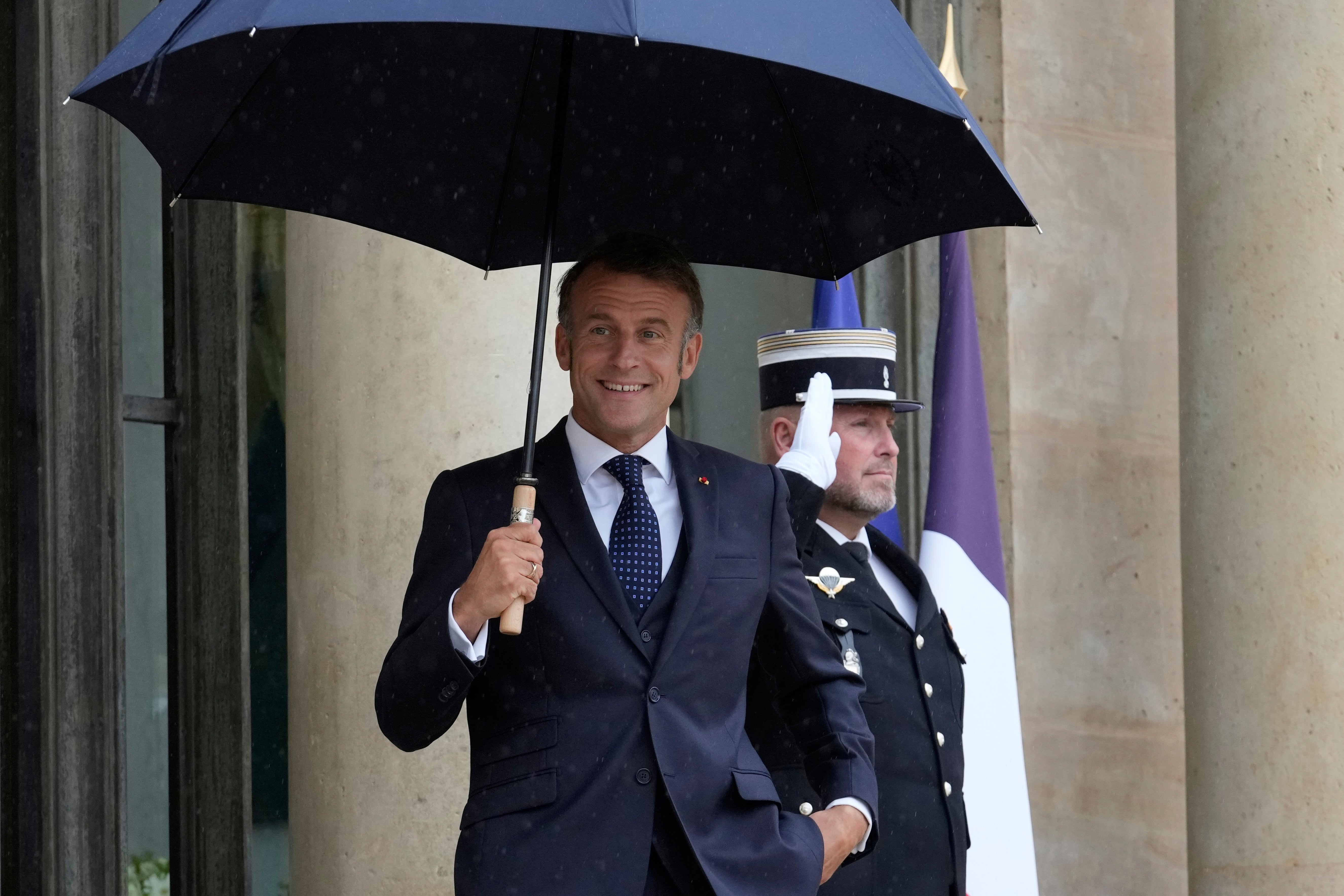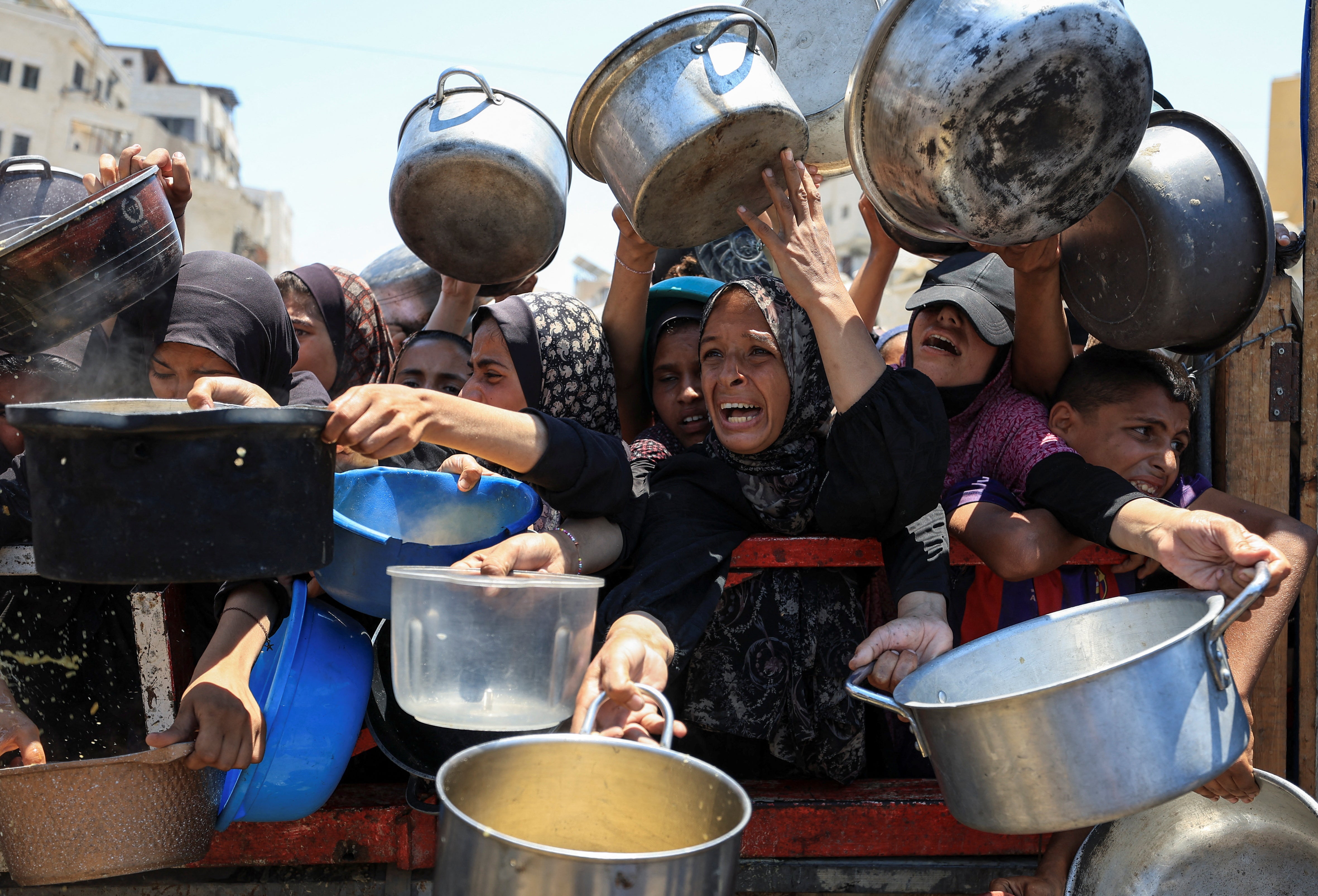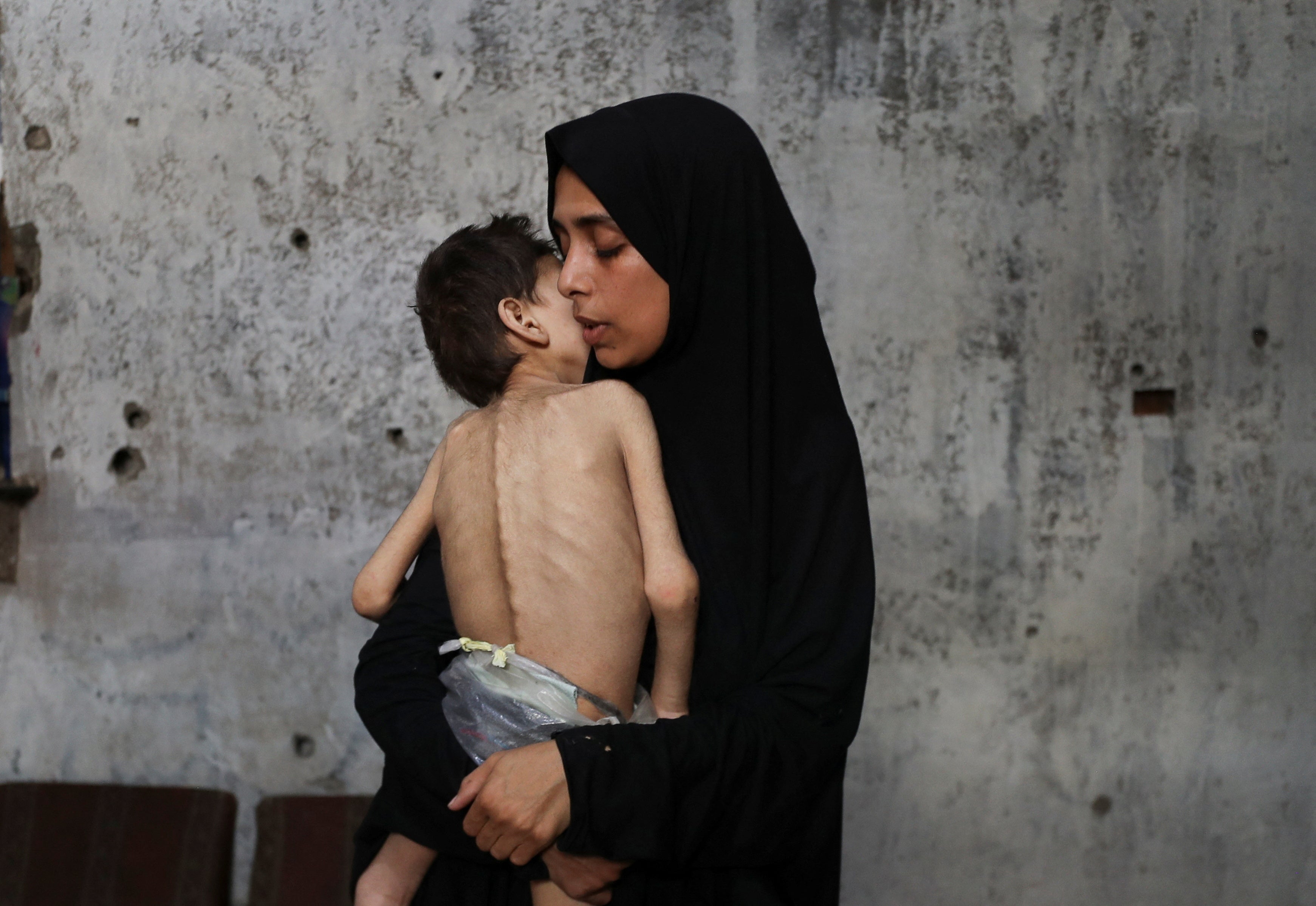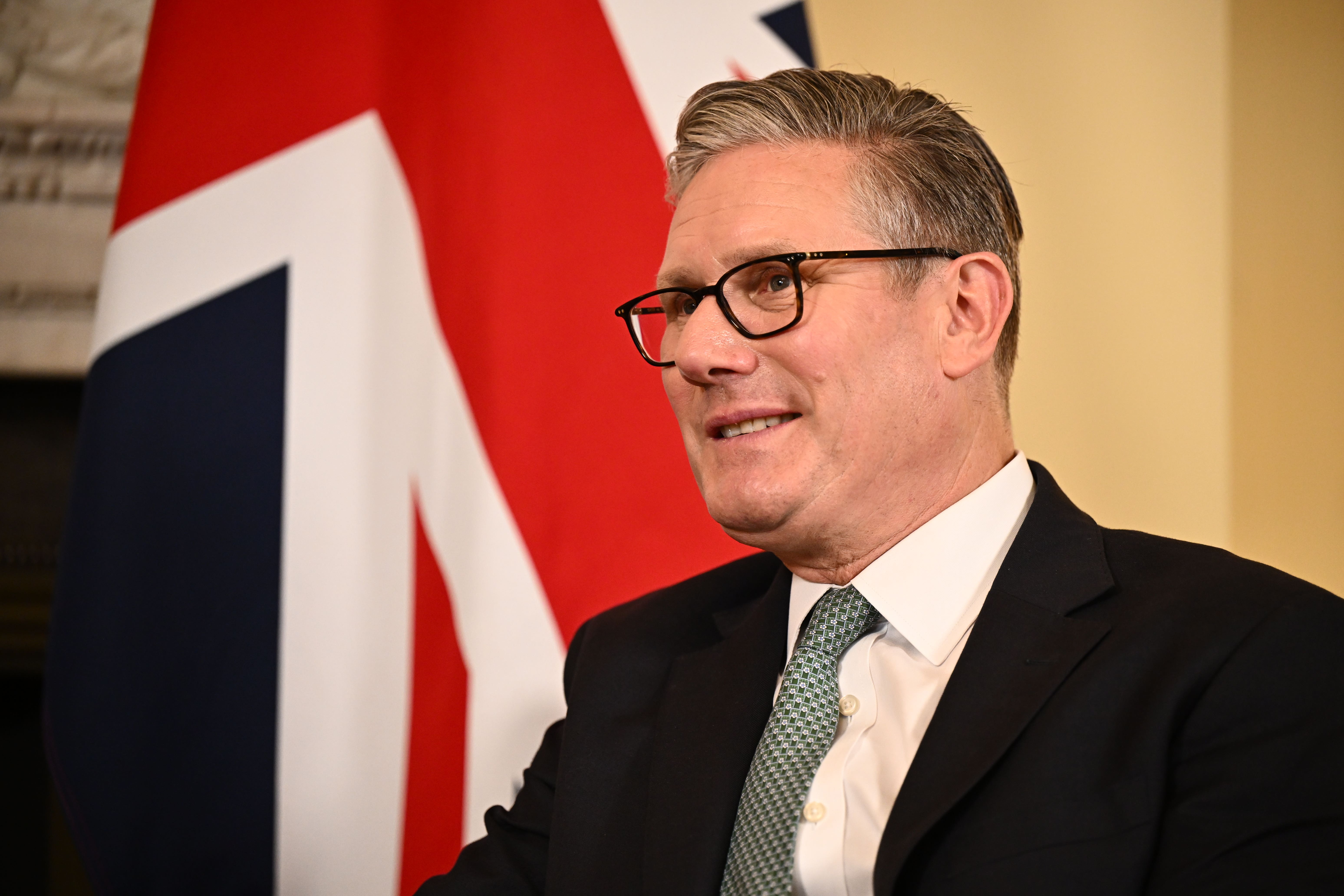Mapped: Which countries recognise Palestine as a state?

France intends to recognise a Palestinian state at the United Nations General Assembly in September, President Emmanuel Macron has announced.
By doing so, it will become the first G7 country to recognise Palestine, a move that could heap pressure on other major Western powers to do the same.
So far, recognition of Palestinian sovereignty has largely been limited to countries in Africa, South America and Asia that have historically been critical of Israel.

In the UK, Sir Keir Starmer has rejected calls from MPs to immediately recognise a Palestinian state.
Some 221 MPs have signed a letter urging the British government to recognise the state of Palestine at a meeting of the UN next week.
While the prime minister said he was “unequivocal” about wanting to see a Palestinian state, he insisted this needed to be part of a “wider plan which ultimately results in a two-state solution and lasting security for Palestinians and Israelis”.
Mr Macron’s announcement sparked anger in Israel and Washington, with Israeli Prime Minister Benjamin Netanyahu condemning the decision.
US Secretary of State Marco Rubio said the United States “strongly rejects” France’s plans, adding: “This reckless decision only serves Hamas propaganda and sets back peace”.
Here, The Independent looks at which countries recognise the state of Palestine.
The history of Palestinian recognition
In 1988, the Palestine Liberation Organisation (PLO), the official representative of the Palestinian people, formally declared the establishment of the State of Palestine.
In practice, the Palestinians have limited self-government through the Palestinian Authority (PA) in parts of the Israeli-occupied West Bank.
The PA lost control of the Gaza Strip to Hamas in 2007. The UN considers both territories as occupied by Israel and comprising a single political entity. Palestinians also want East Jerusalem to be part of a future state.
Currently, 147 of the 193 member states of the United Nations recognise the state of Palestine.
Palestine has been a non-member observer state of the United Nations General Assembly since November 2012.
Last year, the United Nations General Assembly granted Palestine additional rights, including being seated with member states, the right to introduce proposals and participate in committees. It still does not have the right to vote.
Which European countries recognise Palestine?

In the EU, Sweden, Slovenia, Ireland and Spain are the only members of the bloc so far to have recognised Palestine. Seven EU countries had already taken the step before joining the Union:
- Bulgaria
- Cyprus
- Czech Republic
- Hungary
- Romania
- Poland
- Slovakia
Several other EU members, including Malta and Belgium, have indicated their intention to recognise the state of Palestine.
Italy’s prime minister Giorgia Meloni said on Saturday that recognising the State of Palestine before it is established could be counterproductive.
“If something that doesn’t exist is recognised on paper, the problem could appear to be solved when it isn’t,” Ms Meloni told Italian daily La Repubblica.
A German government spokesperson said on Friday that Berlin was not planning to recognise a Palestinian state in the short term and said its priority now is to make “long-overdue progress” towards a two-state solution.
G20 recognition

Among the G20, a group of the world’s major economies, ten countries recognise the state of Palestine. These are:
- Argentina
- Brazil
- China
- India
- Indonesia
- Mexico
- Russia
- Saudi Arabia
- South Africa
- Turkey
Nine countries in the G20, including the UK, USA, Australia, Canada, France, Germany, Italy, Japan and South Korea do not.
The EU, which is counted as an entity of the G20, does not recognise Palestine.
Why have G7 countries been reluctant to recognise Palestine?

None of the G7 countries – the UK, USA, Canada, France, Germany, Italy and Japan – currently recognise a Palestinian state.
In a diplomatic cable in June, the US said it opposed steps to unilaterally recognise a Palestinian state, saying it could go against US foreign policy interests and draw consequences.
US President Donald Trump has himself expressed doubts about a two-state solution, proposing a US takeover of Gaza in February. This was condemned by Arab states, Palestinians and the UN as “ethnic cleansing”, a claim Israel has rejected.
Sir Keir Starmer has maintained that UK recognition of a Palestinian state will only come after a ceasefire is in place.
The prime minister said on Thursday: “We are clear that statehood is the inalienable right of the Palestinian people.
“A ceasefire will put us on a path to the recognition of a Palestinian state and a two-state solution, which guarantees peace and security for Palestinians and Israelis”
